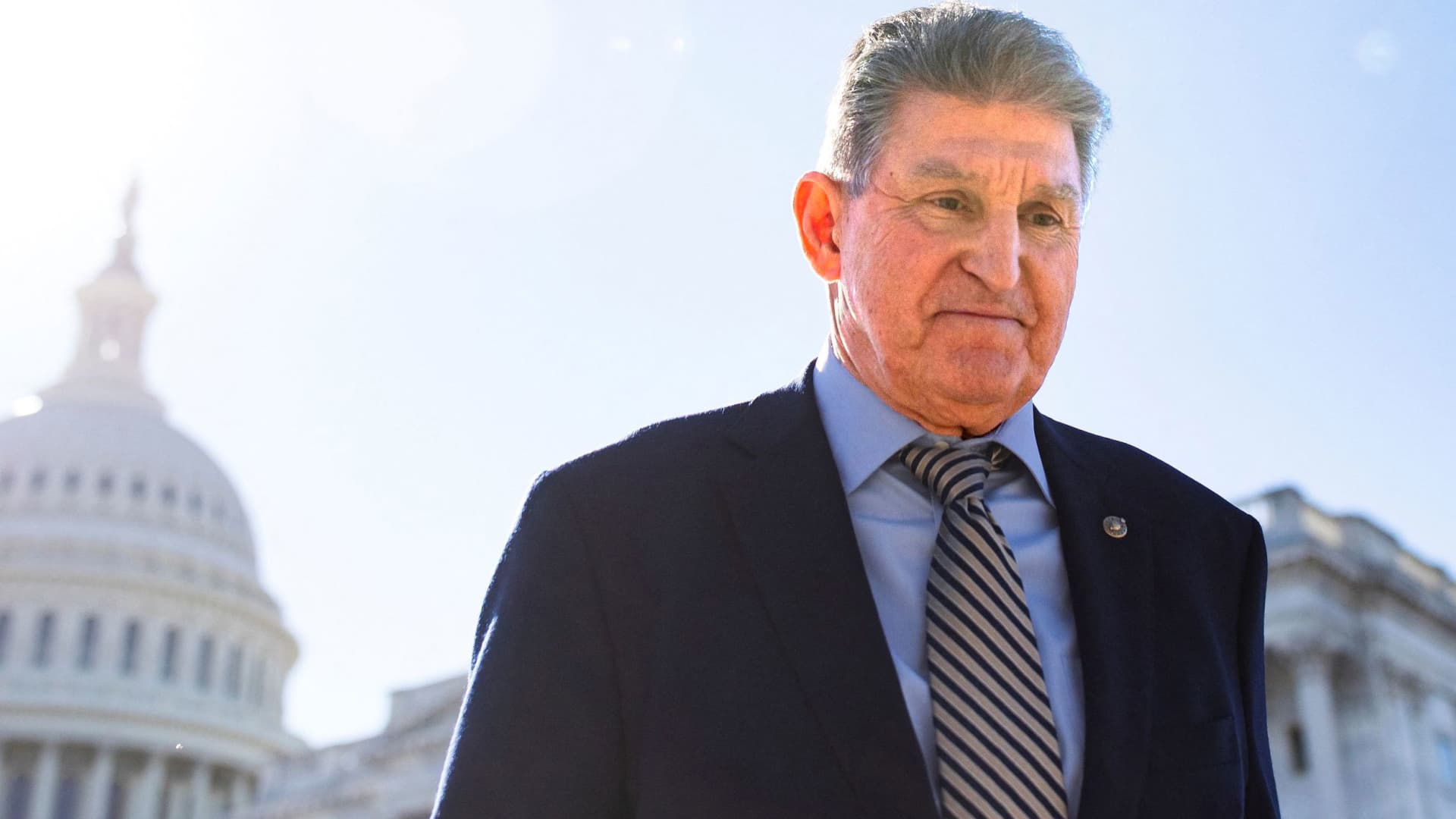Peacemaker witnesses collateral damage
”It’s really important to understand that in most instances — I won’t say the majority — but a large percentage of instances, most of the targets that we are striking . . . actually have very low potential for collateral damage,” he said. ”They’re military targets that are generally military installations.”
But Crowder added that commanders choosing a target often must decide ”what is an acceptable number” of civilian casualties.
”There’s no one answer,” he said.
Last week, Johnson, a 43-year-old copywriter from Louisville, met 8year-old Ali Jasem in the crowded trauma center of the Al-Kindi Hospital. Ali, a farm boy from the rural flats outside of Baghdad, had undergone surgery to remove shrapnel from his head.
The same explosions that decapitated Ali’s father killed the two young sons of 36-year-old farmer Saaed Shalish, Johnson said. Shalish was in critical condition, so doctors were waiting to tell him about the fate of his sons.
”The only effect (the bombing) has on the Iraqis is that it pisses them off and they can’t wait for the U.S. soldiers to arrive on the ground so that they can put up the fight of their lives,” Johnson said.
Iraqi Health Minister Omed Medhat Mubarak estimated Thursday that 350 Iraqi civilians had been killed, a figure that major U.S. newspapers have treated as credible. Baghdad’s doctors told Red Cross workers on Thursday that at least 250 civilians in the city had been injured, Williamson said.
The Red Cross has representatives checking daily with hospitals from Basra to Baghdad to Mosul, but it declines to confirm any count of the dead and injured. Red Cross officials only want to help Iraqi hospitals maintain supplies.
Meanwhile, the first funerals of the war have begun in the streets of Baghdad. Residents brave the bombs for funeral marches that stretch several blocks long. Caskets are held aloft as mothers collapse on the sidewalks, weeping.
”I’m told that the U.S. media is claiming that Iraq is bombing (its) own people to frame the U.S., but I don’t buy this,” Johnson wrote from his room at the Hotel Al-Fanar, a cheap Baghdad hotel favored by peace activists from the United States, Canada and Australia.

